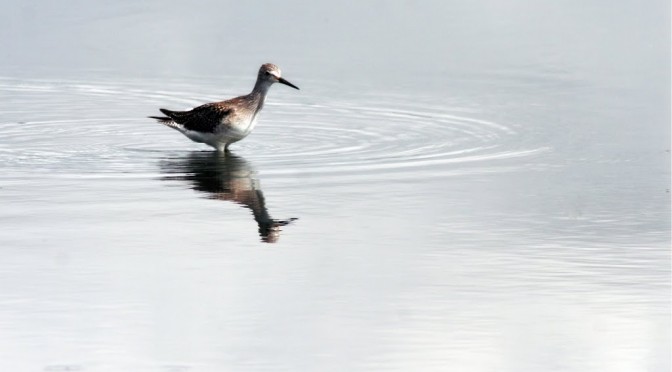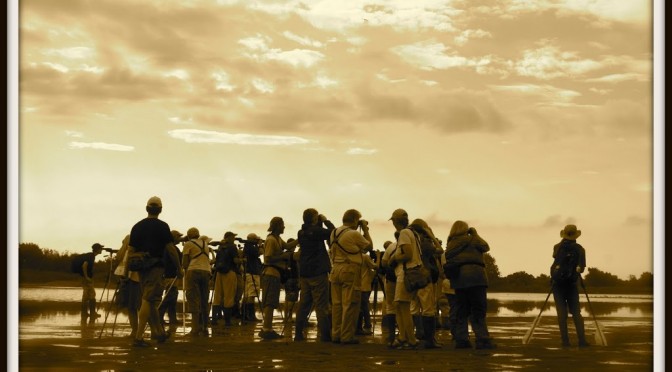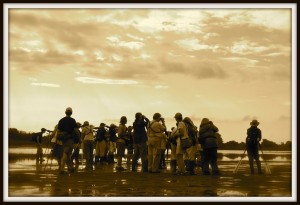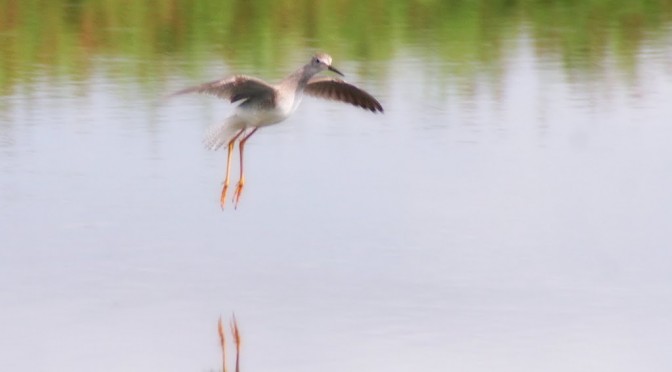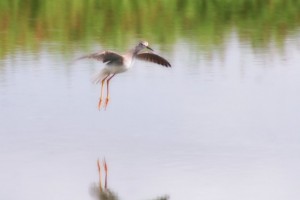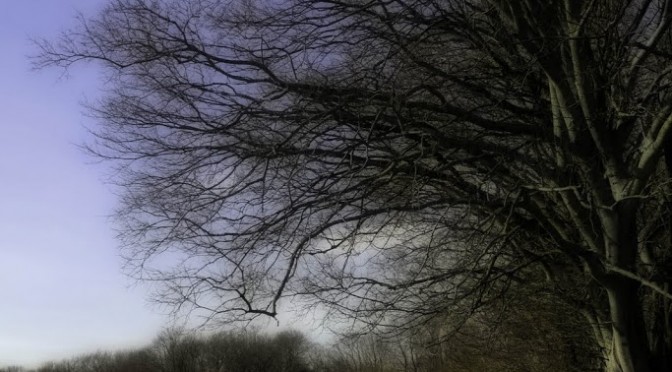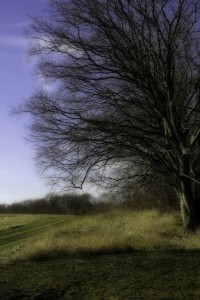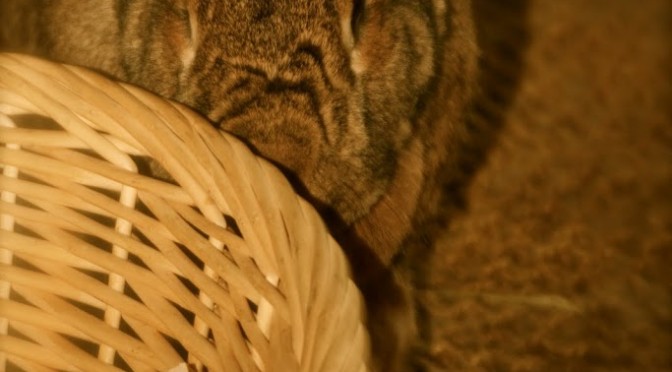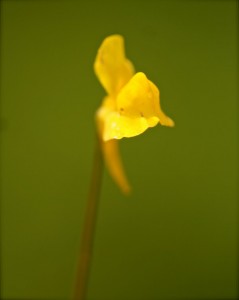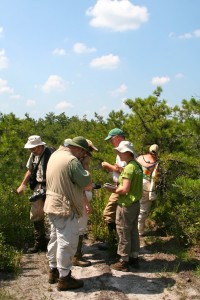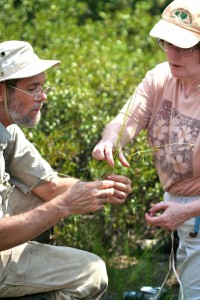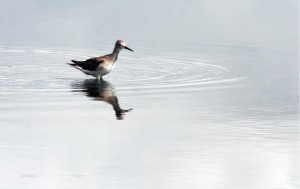 In a world of distant horizons, the lone shorebird is little more than a windblown fragment, too easily lost under sun and sky.
In a world of distant horizons, the lone shorebird is little more than a windblown fragment, too easily lost under sun and sky.
It must be that they find comfort in the relative anonymity a flock provides: the sense of direction, a defense against predators, the company of other wanderers; a solidarity of purpose.
I find that I enjoy a mixed-species flock of shorebirds in a way that isn’t possible when confronted with a lone bird… the solitary shorebird practically implores that it be identified by name, but the magic of them, for me, lies in the wheeling mystery of the flock.
The delight in shorebirds comes not from any individu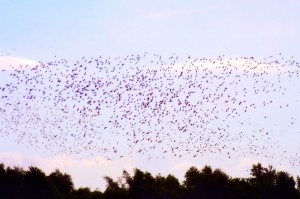 al bird (unless its an Avocet or a silly-spinning Phalarope) but in a mudflat alive with thousands of birds and the subtle mosaic of tones it presents; black streaks of folded wing feathers, drab sandy grays and stony browns… all of them more striking in pattern than in color… cloud shadow, grass and earth, the glint of late-day sun on salty water.
al bird (unless its an Avocet or a silly-spinning Phalarope) but in a mudflat alive with thousands of birds and the subtle mosaic of tones it presents; black streaks of folded wing feathers, drab sandy grays and stony browns… all of them more striking in pattern than in color… cloud shadow, grass and earth, the glint of late-day sun on salty water.
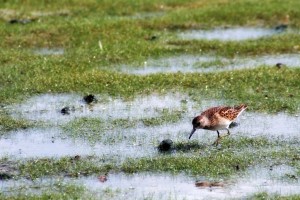 When suddenly they snap together like a magnet in the air or scatter to the blue of four directions, I’m mesmerized.
When suddenly they snap together like a magnet in the air or scatter to the blue of four directions, I’m mesmerized.
Their movements… bent airbrushed wings skimming overhead, wheeling and turning on some imperceptible cue, any one member’s slight adjustments in direction only serving to highlight the unity of the whole. They appear like a dark cloud detached from the sky showing the gray of their backs, then vanish into the glitter and glare as they wheel to display the white of their underbellies, then reappear at some distance away, as if by magic.
Let others ponder over their ID; I’m happy to know it of course, but it does little to affect their magic in me.
